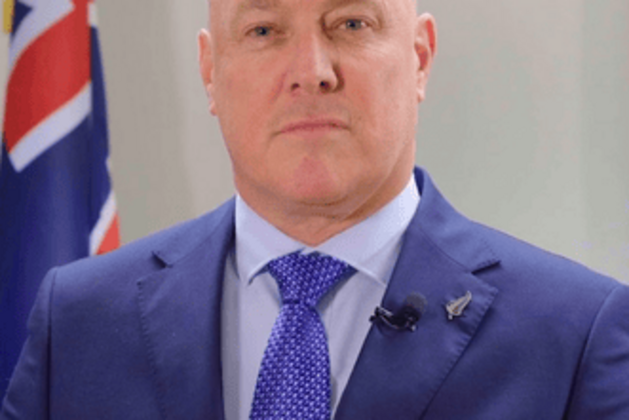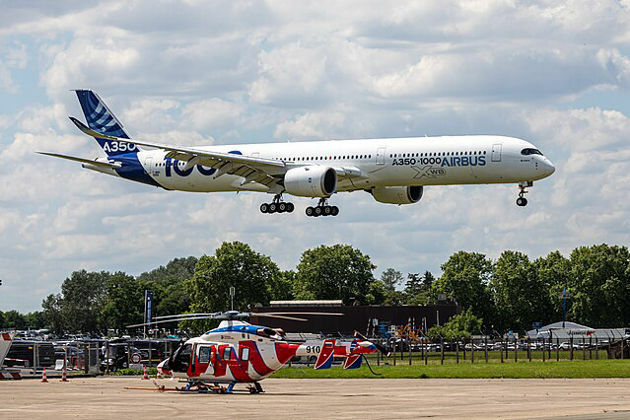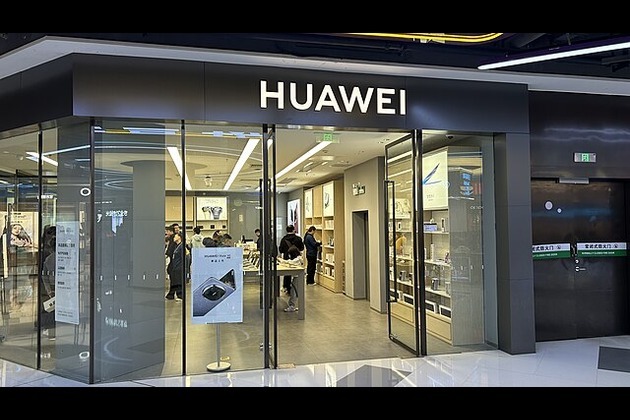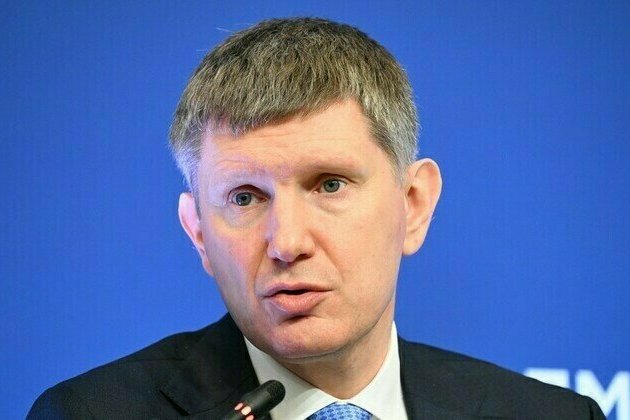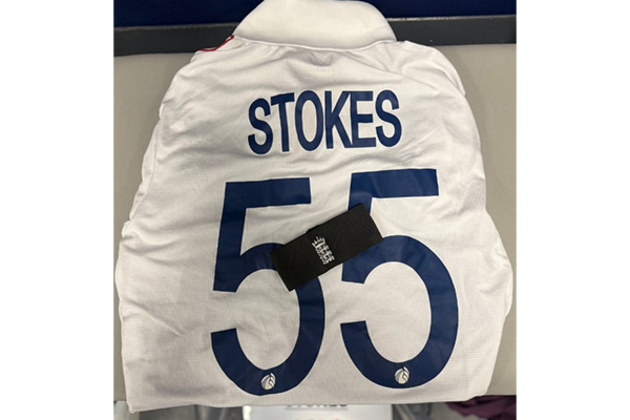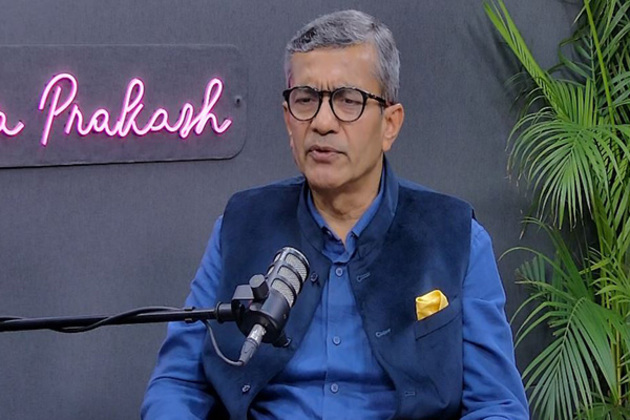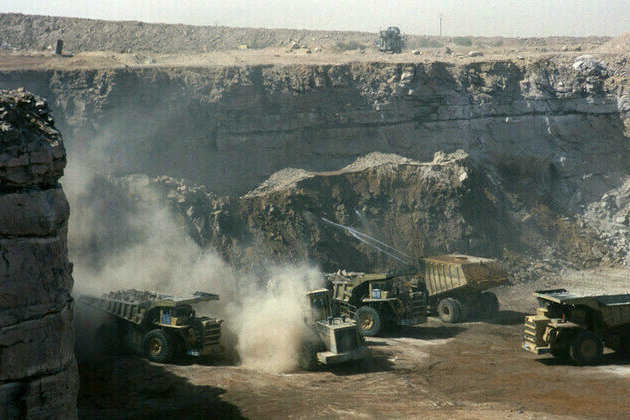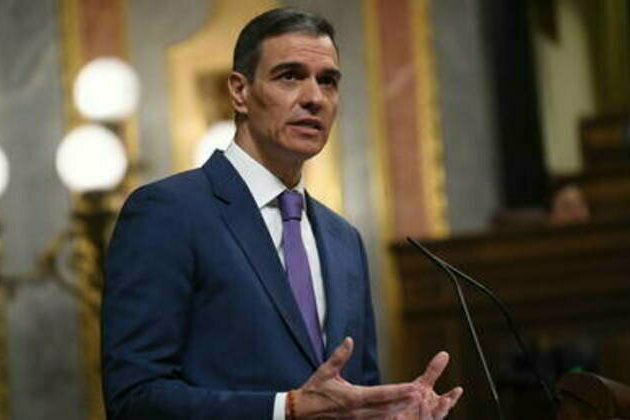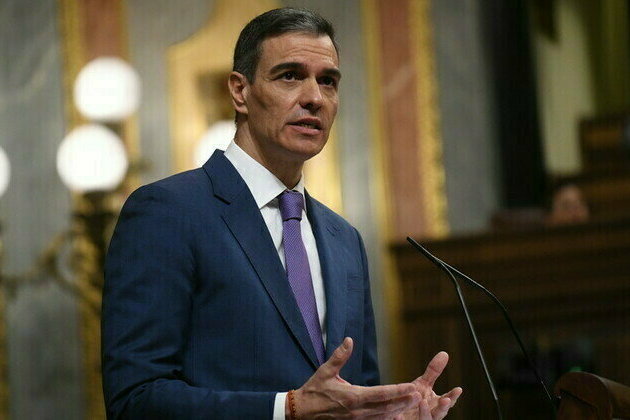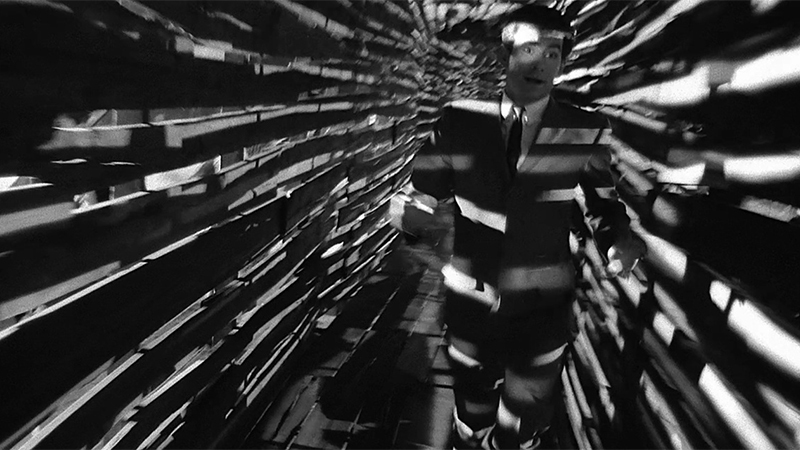How Mandela stayed fit: from his 'matchbox' Soweto home to a prison cell
The Conversation
06 Apr 2020, 20:13 GMT+10
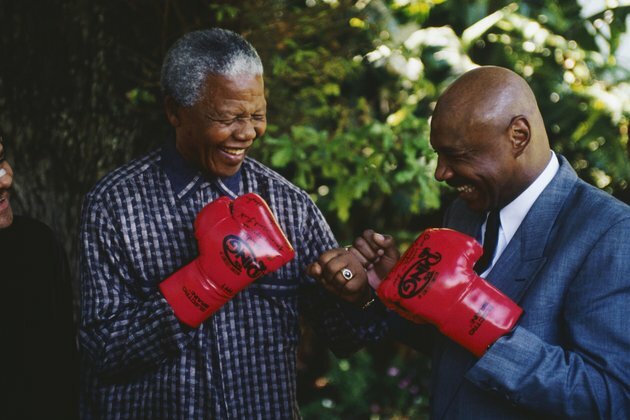
The spread of the coronavirus has forced millions all over the world to retreat to base and abandon outdoor exercise and gym sessions. If they own a big house and garden, it's manageable, but many live in shacks, cramped houses or tiny high-rise flats. How can they avoid going to seed during lockdown? Gavin Evans takes a look at how former boxer and South African liberation struggle icon Nelson Mandela adapted while incarcerated in a tiny cell on Robben Island.
February 15, 1990: Nelson Mandela wakes as always at 5am and begins his hour-long exercise routine. The difference this time is that instead of a prison cell, his gym is the front room of his "matchbox" house - so-called for its small size - at 8115 Vilakazi Street, Soweto. And soon he'll be besieged by journalists, well-wishers, diplomats and family members.
I get to interview him a few hours later to ask about his plans. His answers are clear and concise and I'm too nervous to probe deeper. But towards the end I toss in a question about boxing, and his stern demeanour changes. He beams with delight and begins to chat about his favourite fighters and how he followed the sport in prison.
Mandela started boxing as a student at Fort Hare University, and then trained more seriously when studying, working and struggling in Johannesburg during the 1940s and 50s, although he didn't fight competitively and was modest about his prowess. "I was never an outstanding boxer," he said in his autobiography, Long Walk to Freedom. "I was in the heavyweight division, and I had neither enough power to compensate for my lack of speed nor enough speed to make up for my lack of power."
What he relished about it was the rigour of training, a routine periodically broken by arrest and the demands of the "struggle", but not often. He wrote:
Refuge in exercise
Mandela believed this routine was the key to both physical health and peace of mind.
Four mornings a week he'd set off for a run and three evenings a week he'd work out in a Soweto boxing gym - his way of losing himself "in something that was not the struggle". He said he'd wake up the next morning feeling refreshed - "mentally and physically lighter" and "ready to take up the fight again".
From 1960 Mandela led the underground campaign of the African National Congress's military wing, umKhonto weSizwe, moving around the country disguised as a chauffeur, with trips abroad to rally support, so his boxing training became sporadic. The "Black Pimpernel", as he was dubbed, was arrested in 1962 - the result of a tip-off to the apartheid police from the CIA, it has since emerged - and spent the next 27-and-a-half years in jail, 18 of them on Robben Island.
Life behind bars
When Mandela arrived, a prison warder sneered: "This is the Island. This is where you will die."
Part of the challenge was getting used to monotony. As he put it:
The daily routine of Prisoner 46664 consisted of gruelling manual labour - working in a quarry to dig out limestone and using heavy hammers to smash rocks into gravel. This was draining but he decided not to use it as an excuse to abandon his exercise regime. From then on it started at 5am and was carried out in a damp 2.1m squared cell rather than a sweat-soaked Soweto boxing gym.
Mandela would do this Mondays to Thursdays, and then rest for three days. This continued even during his several spells in solitary confinement.
Beating TB
In 1988, aged 70, he contracted tuberculosis, exacerbated by the damp cell, and was admitted to hospital, coughing blood. He was moved to a prison warder's house in Victor Verster Prison near Paarl and soon resumed a truncated version of his exercise programme, which now included laps of the prison swimming pool.
He was released from prison, along with other political prisoners, on 11 February 1990, nine days after the African National Congress and other liberation movements were unbanned by the apartheid government. He went on to become the first president of a democratic South Africa, from 1994 to 1999.
Inevitably as he reached his 80s, his exercise routine was moderated but never abandoned. He died on 5 December 2013, aged 95, of a respiratory infection.
Mandela believed a lifetime's habit of exercise helped him to survive prison, ready for the challenges that lay ahead. "In prison, having an outlet for my frustrations was absolutely essential," he said - words that might be taken to heart by those facing months of coronavirus-prompted lockdowns in cramped conditions.
Author: Gavin Evans - Lecturer, Culture and Media department, Birkbeck, University of London 
 Share
Share
 Tweet
Tweet
 Share
Share
 Flip
Flip
 Email
Email
Watch latest videos
Subscribe and Follow
Get a daily dose of Greek Herald news through our daily email, its complimentary and keeps you fully up to date with world and business news as well.
News RELEASES
Publish news of your business, community or sports group, personnel appointments, major event and more by submitting a news release to Greek Herald.
More InformationInternational Business
SectionNew Zealand PM seeks stronger ties with China amid security talks
BEIJING/WELLINGTON: New Zealand's Prime Minister Christopher Luxon commenced his visit to China on June 17, seeking to strengthen trade...
Aircraft orders expected as Paris airshow opens, despite recent crises
PARIS, France: The Paris Airshow kicked off on June 16, attracting attention with expected aircraft orders, but overshadowed by the...
Foxconn iPhone exports from India now mostly headed to the US
NEW DELHI, India: Amid mounting U.S.-China trade tensions, Apple has sharply increased iPhone shipments from India to the United States,...
US: China lags in AI chips, but catching up fast
WASHINGTON, D.C.: The U.S. government estimates that Huawei will only be able to manufacture up to 200,000 advanced AI chips next year—well...
Russia on verge of recession minister
A downturn is not inevitable and would depend on policy decisions, Economic Development Minister Maksim Reshetnikov has said Russia's...
India, England wear black armbands to pay tribute to those who lost lives in Air India plane crash
Leeds [UK], June 20 (ANI): On the opening day of the first Test of the five-match series at Headingley for the Anderson-Tendulkar Trophy,...
Mediterranean
SectionAircraft orders expected as Paris airshow opens, despite recent crises
PARIS, France: The Paris Airshow kicked off on June 16, attracting attention with expected aircraft orders, but overshadowed by the...
India's commerce secretary holds meeting on Iran-Israel conflict's trade fallout: Sources
New Delhi [India], June 20 (ANI): According to the Commerce Ministry sources, the Commerce Secretary held a meeting with stakeholders...
"AMCA open for private sector": Defence Secy Rajesh Kumar Singh emphasises need for private players in fighter jet production
New Delhi [India], June 20 (ANI): Emphasising the importance of private sector involvement in the defence aviation industry, Defence...
African state strips French nuclear giant of uranium mine
Niger cited what it called irresponsible, illegal, and unfair behavior by Orano as grounds for its action Niger's military government...
NATO split over 5% spending commitment - media
Spain has rejected the target as unreasonable ahead of the bloc's upcoming summit in The Hague ...
NATO split over 5% spending commitment media
Spain has rejected the target as unreasonable ahead of the blocs upcoming summit in The Hague Spanish Prime Minister Pedro Sanchez...

